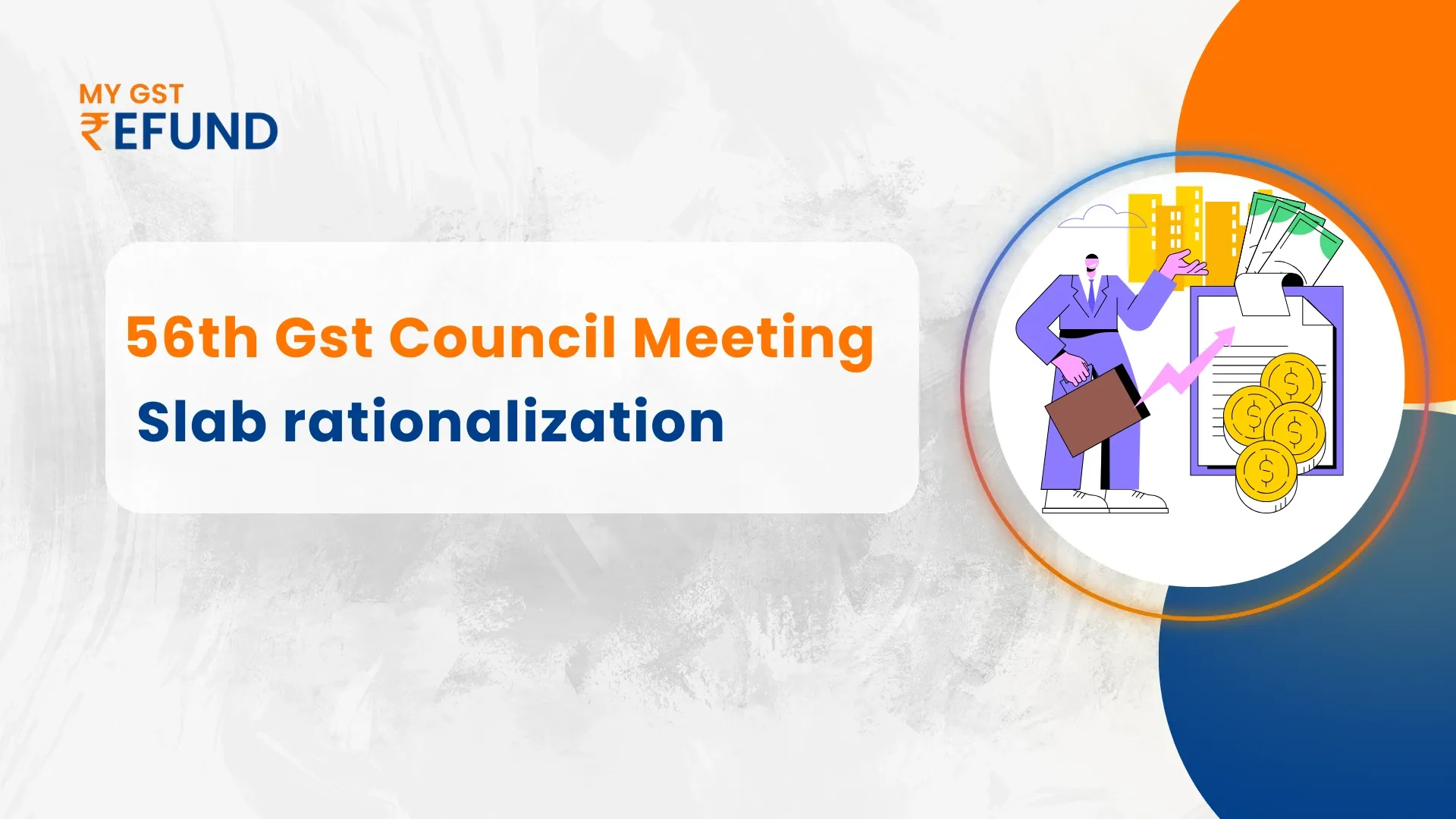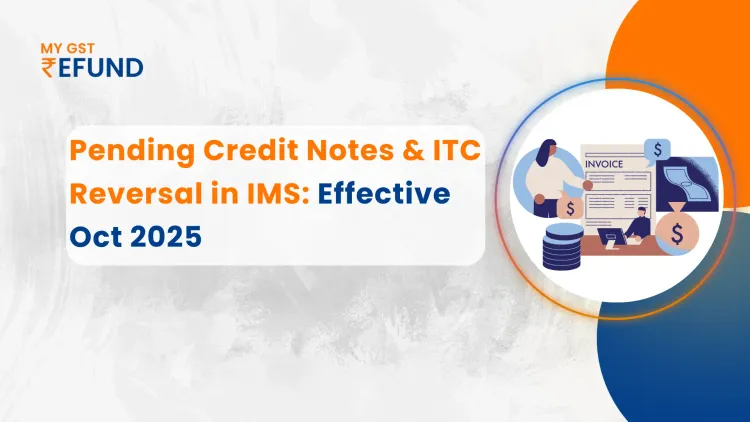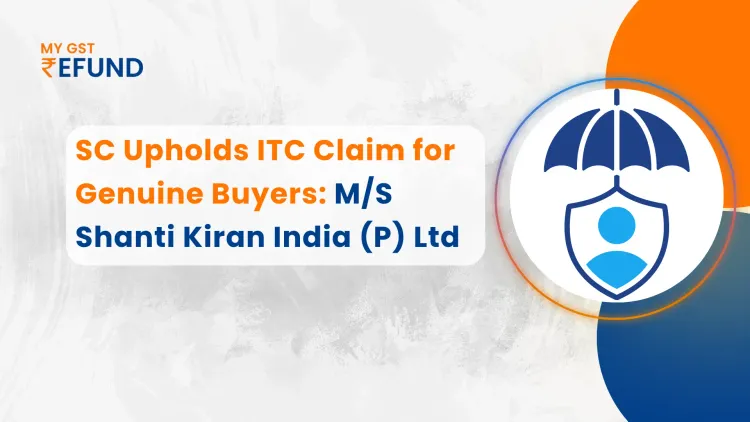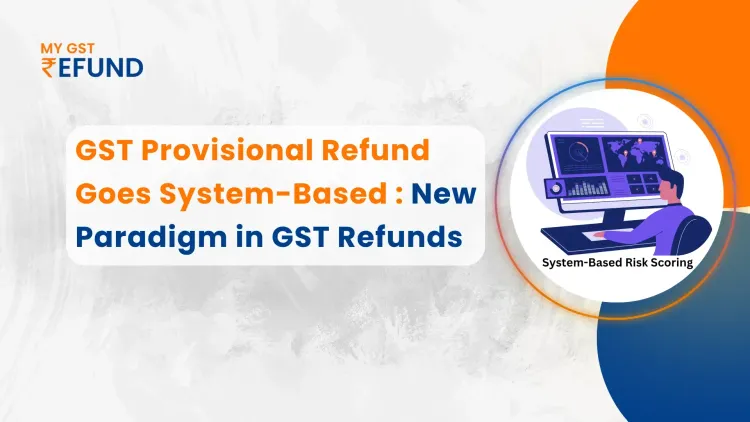GST Council Meeting Underway: Next-Gen Tax Reform to Slash Levies on Consumer Goods
Published on: Wed Sep 03 2025
Bio (Reveal/Hide)

GST Reforms: Finance Minister Nirmala Sitharaman-led Goods and Services Tax (GST) Council, began its 56th meeting in New Delhi on September 3-4 today.
GST Council starts two-day meeting to discuss tax cuts and two slabs
India's services sector logged its 15-year high growth in August, with demand and new orders surging, according to a survey.
The survey questionnaire of approximately 400 companies from a variety of service industries. These are consumer services (retail excluded), transport, information and communication, finance, insurance, real estate, and business services.
The growing Service sector, which accounts for over half of India's GDP, has been one of the major drivers of India's recent rapid economic growth. India's GDP grew 7.8% in Q1FY26, the fastest growth in five quarters. This follows a sgnificant 6.5% growth in FY25 and 9.2% in FY24, which was running ahead of the Reserve Bank of India's (RBI) estimate.
The RBI has forecasted GDP growth of 6.5% in FY26 on the strength of rural demand, government expenditure, and strong services exports.
- On the agenda for the upcoming GST Council meeting are GST slab reforms, such as rate rationalisation from four to two with a special tax.
- The reforms proposed can do away with the 12 percent and 28 percent slabs of GST, not just the 5 percent and 18 percent, and a separate 40 percent slab for 'sin' goods.
Honourable Prime Minister has now proposed constituting a task force on next-gen reforms with the specific charge of regulatory rationalization, ease of compliance burden, and also building an enabling ecosystem for "start-ups, MSMEs, and entrepreneurs," Sitharaman said at the 120th anniversary celebrations of City Union Bank.
What to expect from the GST Council meeting
- The proposal is two slabs, 5 per cent on necessary articles and 18 per cent on non-essential articles, instead of the present four slabs of 5 per cent, 12 per cent, 18 per cent, and 28 per cent.
- A slab of 40 per cent on "sin goods" like tobacco and automobiles priced ₹50 lakh and more to be levied.
- Besides this, a GST rate cut is expected on nearly 175 items. On the retail side, categories like auto, FMCG, and insurance will continue to be in the eye.
GST reforms: What will be cheaper and could be pricier under new slabs?
Look at the full list below
The Centre's proposed rate rationalization schemes aimed at simplifying and smoothing slabs for consumers will be placed before consideration of the GST Council. We are witnessing what is going to become cheaper under the new slabs
GST Reforms: What will become cheaper?
As GST is a consumption tax, the ultimate gainer in the long term of the future generation GST reforms would be the consumer, since they would have to pay less as GST is coming down.
- Groceries - food grains, vegetables, and fruits,
- Medicine
- Electronic items - such as ACs, TVs, refrigerators, washing machines,
- Agricultural machinery and bicycles
- Insurance
- Education services
Food products to be transferred from a 12 per cent slab to a 5 per cent slab:
- Condensed milk, dried fruits, frozen vegetables, sausages, pasta, jams, namkeens like bhujiya, tooth powder
- Comparable goods which can be transferred from the 12 per cent slab to the 5 per cent slab: Feeding bottles, carpets, umbrellas, cycles, cutlery, furniture, pencils, jute and cotton bags, and shoes priced below ₹1,000.
Resource- gstcouncil
Related Posts





